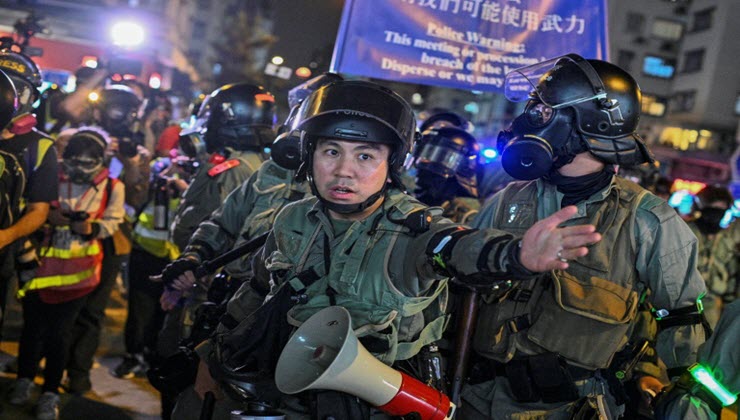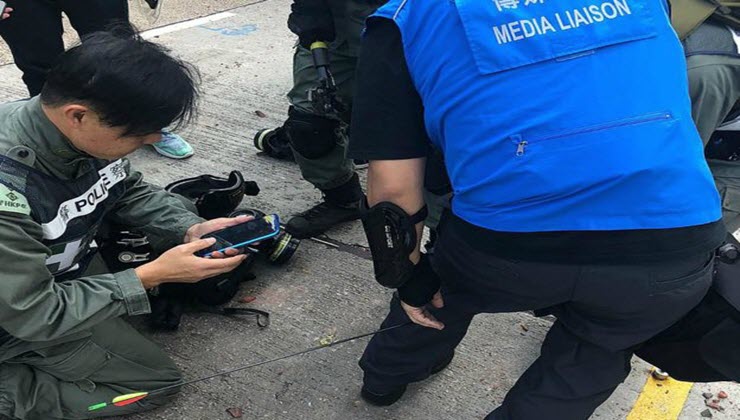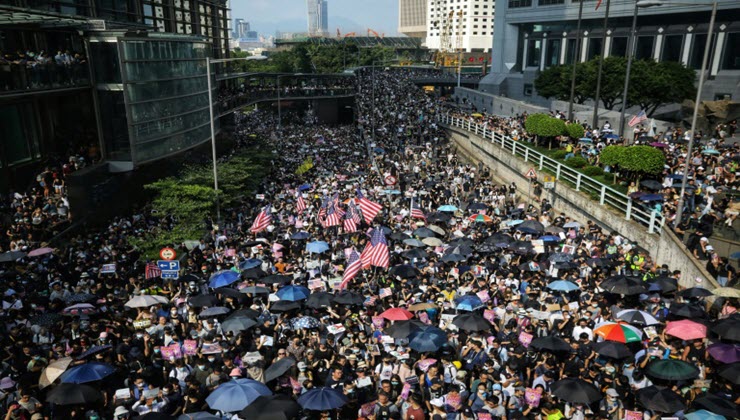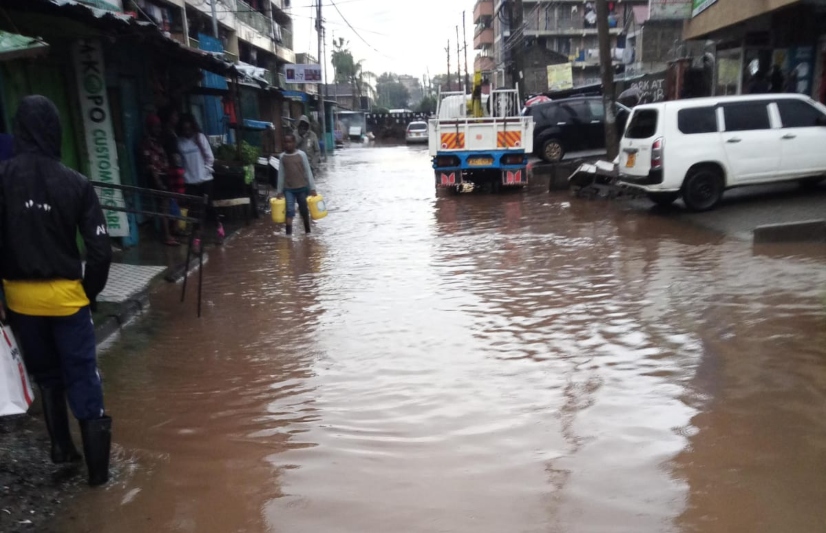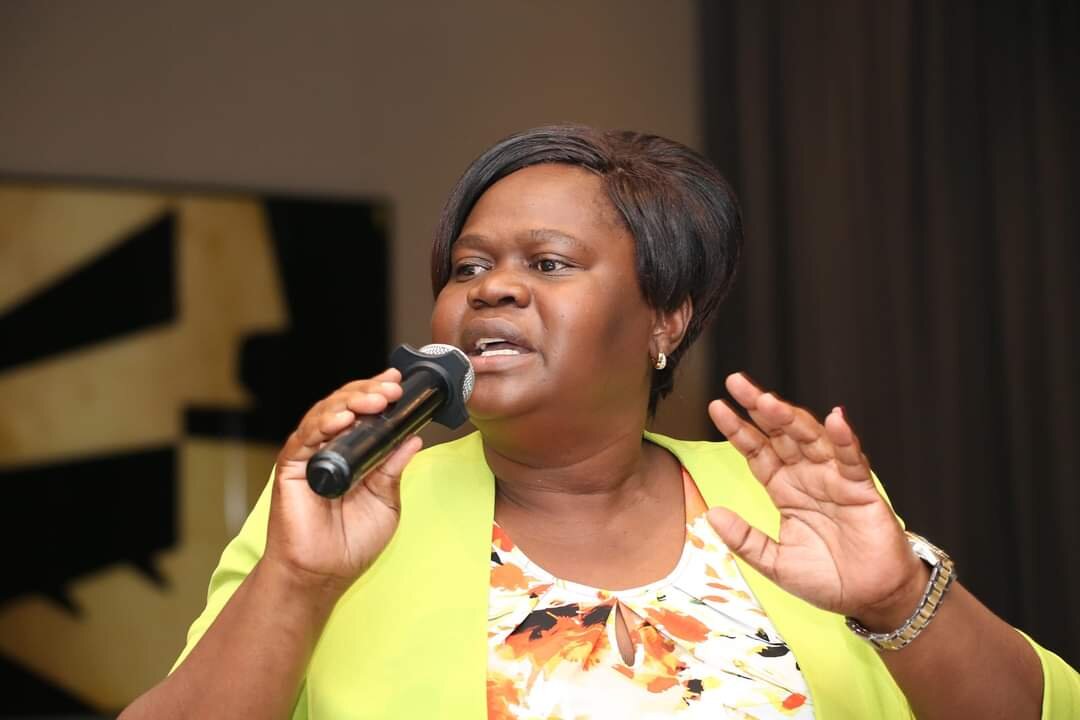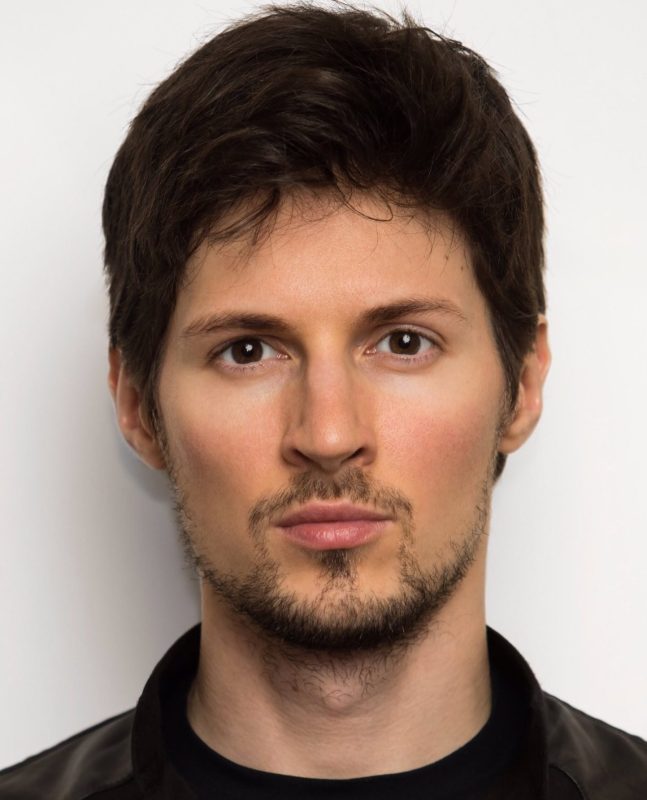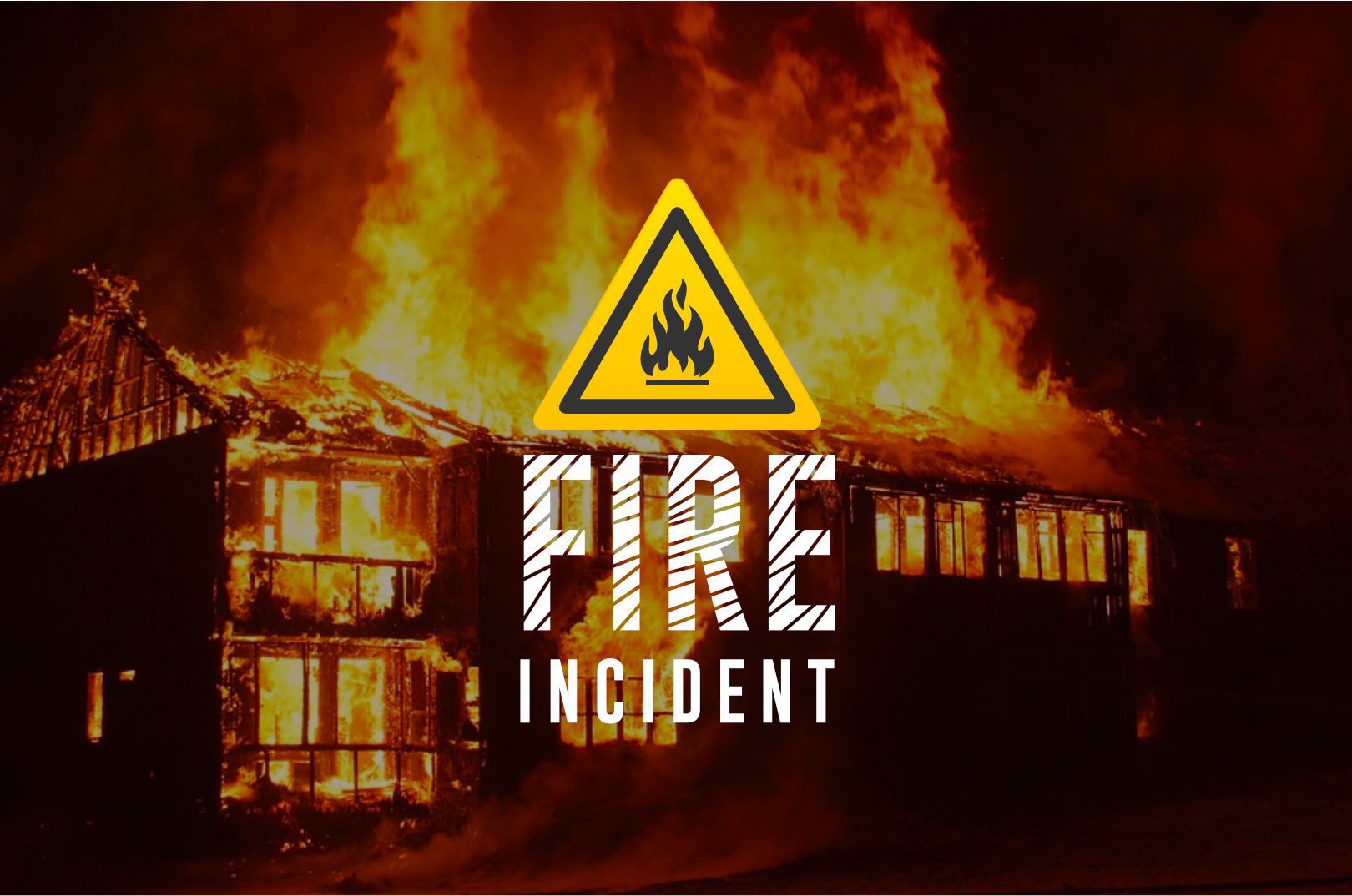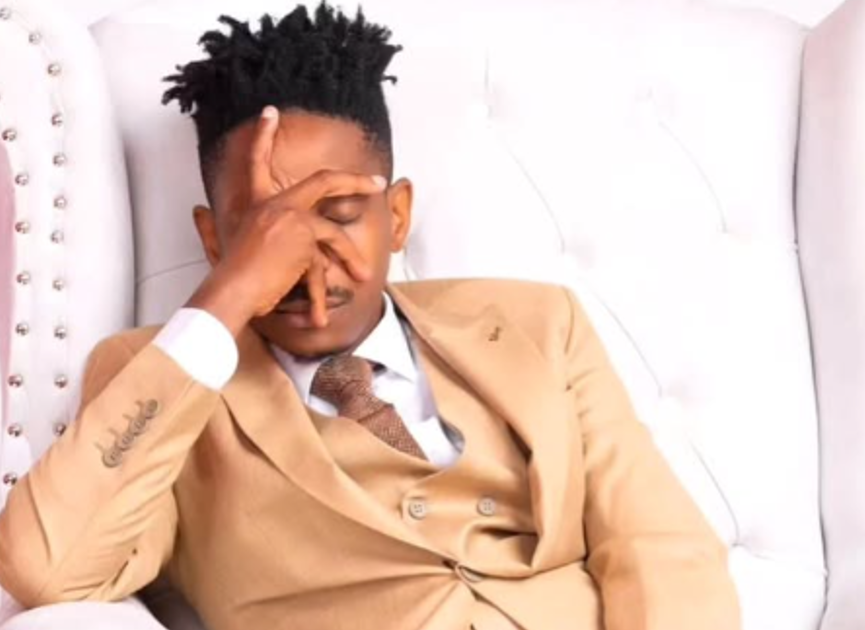Hong Kong students defy China warnings with boycott

Thousands of black-clad students rallied Monday at the start of a two-week boycott of university classes, piling pressure on Hong Kong’s leaders to resolve months of increasingly violent anti-government protests that show no sign of easing
Students have been the backbone of a movement that sprang up to oppose government plans to allow extraditions to China but has morphed into wider protests against the Beijing-backed territory’s unelected leadership.
Hundreds have been arrested in violent clashes with police, and an increasingly shrill Beijing has labelled protesters “terrorists”, with an editorial by China’s state news agency Sunday warning “the end is coming”.
Hong Kong enjoys freedoms unseen on the Chinese mainland under the “one country, two systems” policy inherited in the handover from Britain in 1997, but locals fear those rights are being eroded.
On Monday, as universities reopened after the summer break, thousands of students boycotted classes and gathered instead in central Hong Kong.
“Today is the first day of school, but I still want to come out,” a 19-year-old university student named Tommy told AFP.
“I don’t think we will miss anything. This is also a form of learning.”
Earlier Monday a call for a general strike went largely unheeded, but riot police patrolled some subway stations after protesters briefly disrupted services during rush hour by preventing the train doors from closing.
Elsewhere, secondary pupils formed human chains at schools and nurses carrying pro-democracy placards lined hospital corridors in flash protests to show their support for the anti-government movement.
“Hong Kong is our home… we are the future of the city and have to take up responsibility to save it,” said a 17-year-old secondary school student who gave her surname as Wong.
Worst violence in decades
One nurse suggested the protest is doomed because China will never concede.
“But we still have to stand and say something. At least we have shown the world what is happening,” she told AFP, requesting anonymity.
Over the weekend the city witnessed some of the worst civic violence in decades as protesters lobbed bricks and petrol bombs at police, who responded with tear gas, water cannon and baton charges.
On Sunday at least a dozen flights were cancelled after protesters blocked routes to the airport, although police fended off demonstrators’ efforts to converge on the terminal itself.
On Saturday, hardcore protesters rampaged through the city centre, setting fires and throwing petrol bombs at riot police in defiance of a rally ban.
Video footage captured by local media showed police charge and beat a crowd cowering inside a train carriage, with Amnesty International calling their actions “horrifying”.
The images have fortified anger against the police, who protesters accuse of brutality.
Hong Kong’s Security Minister described the violence as “on the verge of being out of control”.
ttled city leader Carrie Lam has done little to directly address the crisis, save offer to form a largely derided “platform for dialogue”.
Her removal is one of the key demands made by protesters, who also want the extradition bill to be formally scrapped and an independent inquiry into alleged police brutality.
The protesters want the city’s leader and all its lawmakers to be directly elected, scrapping the current system that heavily favours Beijing-backed candidates.
China, which buttresses Hong Kong’s government, has reacted with intimidatory tactics, including putting pressure on the city’s businesses and publicising troop movements and exercises near the border.
Hong Kong’s reputation as a stable place to do business has been shaken by the ongoing protests.
Visitor arrivals have plummeted, hotel vacancies have soared and retailers have reported huge losses.
